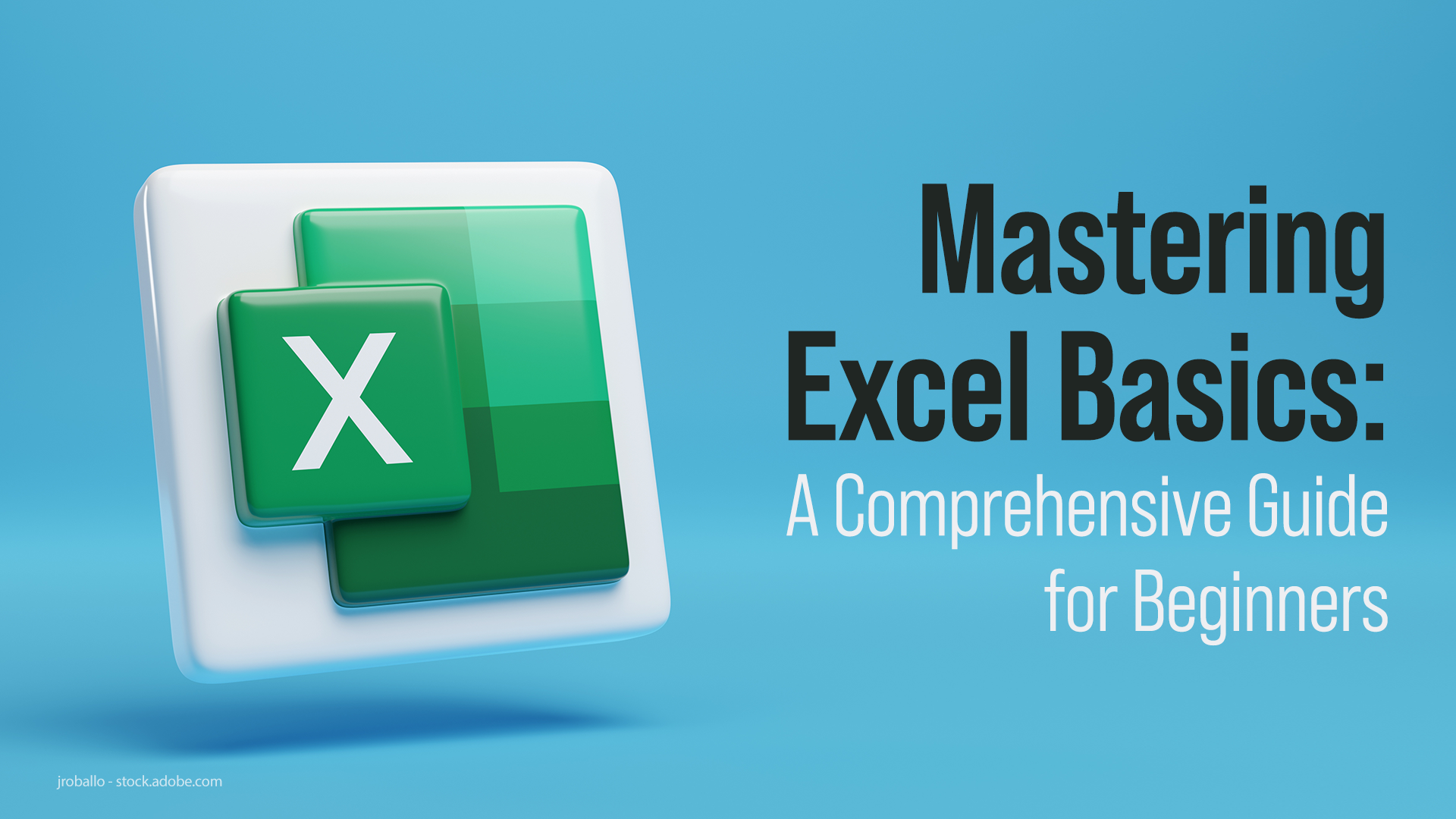Mastering Sheet Navigation in Excel: Tips and Tricks

When working with Microsoft Excel, one might find themselves managing an overwhelming amount of data spread across multiple sheets. Efficient navigation is essential to maintain productivity and reduce errors. In this comprehensive guide, we'll explore tips and tricks for mastering sheet navigation in Excel, making your experience with spreadsheets more seamless and effective.
Quick Navigation Shortcuts

Navigating through sheets can be time-consuming if you’re doing it manually. Here are some keyboard shortcuts that can significantly speed up your workflow:
- Ctrl + Page Up: Move to the previous sheet.
- Ctrl + Page Down: Move to the next sheet.
- Alt + H, O, H: Opens the Navigate Sheets dialog box where you can select the sheet by typing its name.
- Alt + E, L: Opens the Delete dialog, allowing you to quickly remove a sheet.
Using Name Box for Quick Jumps

The Name Box, located next to the formula bar, is a powerful tool for navigation:
- Type the cell reference (e.g., A1, B5) and press Enter to jump to that cell.
- Click the dropdown arrow to select named ranges or tables within your workbook for quick access.
Hyperlinks and Links Within the Workbook

Hyperlinks are not just for web pages; you can use them to navigate your Excel workbook:
- To create a hyperlink, select a cell and press Ctrl + K. In the dialog box, choose ‘Place in This Document’ to link to a specific cell or named range within your workbook.
- Linking to another sheet can be done by using the
=‘Sheet Name’!A1format in the Link Location field.
🔗 Note: Remember that moving or renaming sheets can break hyperlinks within the workbook.
Customizing Sheet Tabs

Customization can make navigation intuitive:
- Rename Sheets: Double-click the sheet tab to rename it. This makes sheets easier to find, especially in workbooks with many sheets.
- Change Tab Color: Right-click the sheet tab, choose ‘Tab Color,’ and select a color that matches the sheet’s purpose.
Sorting and Grouping Sheets

While Excel doesn’t offer an automatic sorting feature for sheet tabs, you can manually sort by:
- Drag and drop sheet tabs to rearrange them. Hold Shift to select multiple sheets and move them together.
- Use color coding to group similar sheets for easier navigation.
Using Excel’s Navigation Tools

Excel has built-in tools to aid navigation:
Go To

Press F5 or Ctrl + G to open the Go To dialog:
- Type the cell reference or range to move directly to it.
- Use the Special button to select specific cell types (e.g., formulas, blanks).
Name Manager

The Name Manager (Ctrl + F3) can help by:
- Listing all named ranges in the workbook.
- Allowing you to edit, delete, or define new names, making navigation easier.
Advanced Navigation Techniques

Beyond the basics, here are some advanced techniques to enhance your sheet navigation:
Using Find and Replace

Ctrl + F opens the Find dialog, which can be used for:
- Searching for specific content across all sheets.
- Using wildcard characters like * (asterisk) or ? (question mark) for more complex searches.
Creating a Table of Contents

A table of contents can serve as a central hub for navigating your workbook:
- Create hyperlinks to different sheets or cell references.
- Sort and filter for quick access to specific categories or dates.
📝 Note: For a professional look, consider using named ranges for hyperlinks to ensure the table of contents remains functional even after sheets are moved or renamed.
In conclusion, mastering sheet navigation in Excel involves utilizing a combination of keyboard shortcuts, Excel's built-in tools, and custom strategies like tab customization and advanced search techniques. With these tips and tricks, you can quickly move through your spreadsheets, enhancing your efficiency and accuracy in data management.
What if my sheet doesn’t have a meaningful name?

+
Consider renaming your sheet with a name that reflects its content for easier navigation. Use Ctrl + Right Click to rename quickly.
How can I prevent accidental navigation when typing?

+
Press Esc to cancel the navigation action if you accidentally use a navigation shortcut. Alternatively, disable keyboard shortcuts through Excel options.
Can I use VLOOKUP for navigation?

+
Yes, you can use VLOOKUP to pull data from different sheets based on a key, but for navigation, you’d typically use hyperlinks or named ranges.



